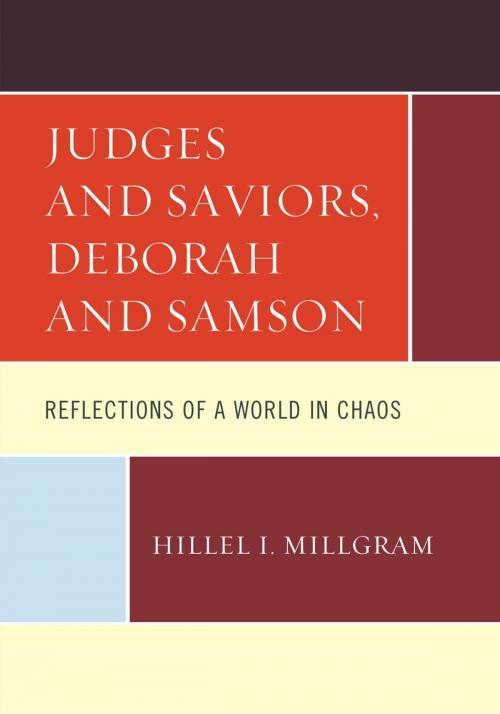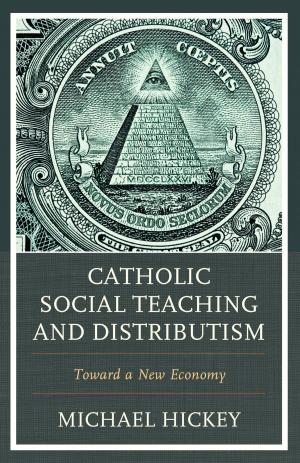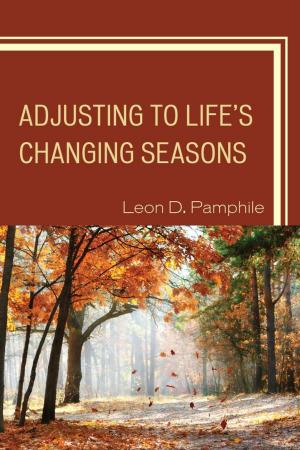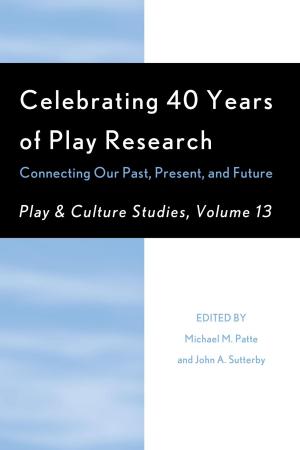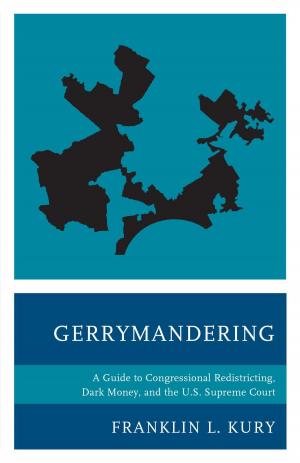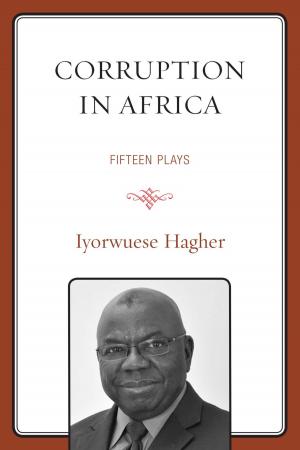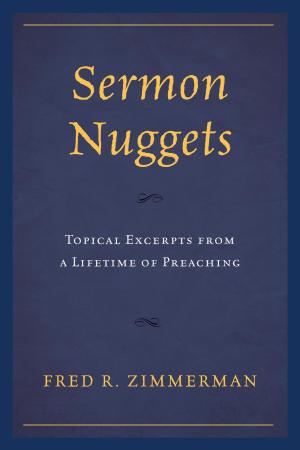Judges and Saviors, Deborah and Samson
Reflections of a World in Chaos
Nonfiction, Religion & Spirituality, Bible & Bible Studies, Old Testament, Biographies, Commentaries| Author: | Hillel I. Millgram | ISBN: | 9780761869900 |
| Publisher: | Hamilton Books | Publication: | March 9, 2018 |
| Imprint: | Hamilton Books | Language: | English |
| Author: | Hillel I. Millgram |
| ISBN: | 9780761869900 |
| Publisher: | Hamilton Books |
| Publication: | March 9, 2018 |
| Imprint: | Hamilton Books |
| Language: | English |
This is a book about a book: it is an in-depth yet reader friendly analysis of the Book of Judges, one of the most dramatic books of the Bible. Against the commonly-held view that this remarkable work is no more than a collection of hero tales stemming from Israel’s earliest days in its land—its “Heroic Age,” so to speak—this study makes the case that the Book of Judges is a unified composition with a single focused message: that it is the values held by a people and not its politics that determine its fate. Further, Judges contends that there is a direct connection between the kind of values people internalize and the level of violence that racks their society, both inflicted from without and generated from within. And not least, that the presence of violence is a symptom that a society has abandoned the moral values of monotheism for the Machiavellian politics of a pagan worldview that worships power as the ultimate reality. The larger-than-life heroes and heroines—Ehud and Jael, Deborah and Gideon, Jephthah and Samson—who people the pages of Judges serve by their example to illustrate the way this thesis works out in the world.
This is a book about a book: it is an in-depth yet reader friendly analysis of the Book of Judges, one of the most dramatic books of the Bible. Against the commonly-held view that this remarkable work is no more than a collection of hero tales stemming from Israel’s earliest days in its land—its “Heroic Age,” so to speak—this study makes the case that the Book of Judges is a unified composition with a single focused message: that it is the values held by a people and not its politics that determine its fate. Further, Judges contends that there is a direct connection between the kind of values people internalize and the level of violence that racks their society, both inflicted from without and generated from within. And not least, that the presence of violence is a symptom that a society has abandoned the moral values of monotheism for the Machiavellian politics of a pagan worldview that worships power as the ultimate reality. The larger-than-life heroes and heroines—Ehud and Jael, Deborah and Gideon, Jephthah and Samson—who people the pages of Judges serve by their example to illustrate the way this thesis works out in the world.
